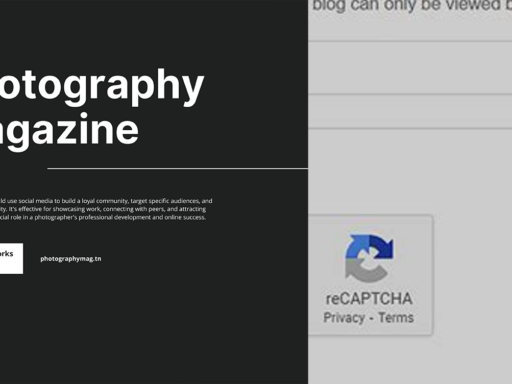Ah, the age-old question lurking in the shadows of the internet: Does Tumblr track searches? Well, grab your favorite snack and sit tight because we’re diving into the enchanting realm of Tumblr’s tracking—because who wouldn’t want to know if their late-night scrolls and secret fandom searches are being recorded like a cringe-worthy reality show?
Let’s start with the basics. Tumblr, that magical land where you can lose five hours looking at cat gifs or deep philosophical discussions about why pineapple belongs on pizza, does track certain activities. But don’t worry! This isn’t some creepy surveillance operation. Think of it more like a helpful librarian who occasionally raises an eyebrow at your “Why is the sky blue” searches but doesn’t actually judge you (at least not out loud).
So how does Tumblr know you’re looking at its pages? Well, enter the enchanting world of pixel tags, also known as web beacons. These teeny tiny blocks of code are scattered around like confetti at a birthday party. They allow Tumblr—alongside third-party companies—to keep tabs on your browsing capabilities. It’s not like they’re reading your diary (thank the internet gods), but they get to see a little log of what pages you’ve checked out.
Now, let’s talk cookies. Not the delicious chocolate chip kind (though we wish!). Tumblr uses cookies and web tags, those magical little bits of data that track your web browser and help the servers recognize you. It’s like your computer’s way of remembering your favorite snacks at a party. This data tells Tumblr how you interact with their verdant landscape of blogs, posts, and reblogs.
Some of you might be wondering: “But what if I want Tumblr to live in ignorance about my weird obsessions?!” That’s a valid concern! If you really want to keep things on the down-low, consider adjusting your privacy settings. You can tweak that snoopiness right on your account settings. Remember, with great power comes great responsibility. You might need to sacrifice a few personalized experiences, but your internet secrecy will be largely intact.
In the large tapestry of the World Wide Web, Tumblr does stay aware of how you navigate through its quirky corners. But let’s be honest, they’re not sending your search history to the FBI (we hope). Instead, they use this data to boost user experience—helping them to serve you content that closely aligns with your interests. So, while it might seem mildly invasive, it actually helps create that perfect storm of cat memes and aesthetic blogs that you’ve always dreamed of.
In conclusion, Tumblr tracks searches, but it does so mainly to improve user experience—not to compile the next season of “What’s in Your Browser History?” So you can keep scrolling and indulging in your quirky interests, assured of the mostly benign coding shadows lurking behind your screen!





